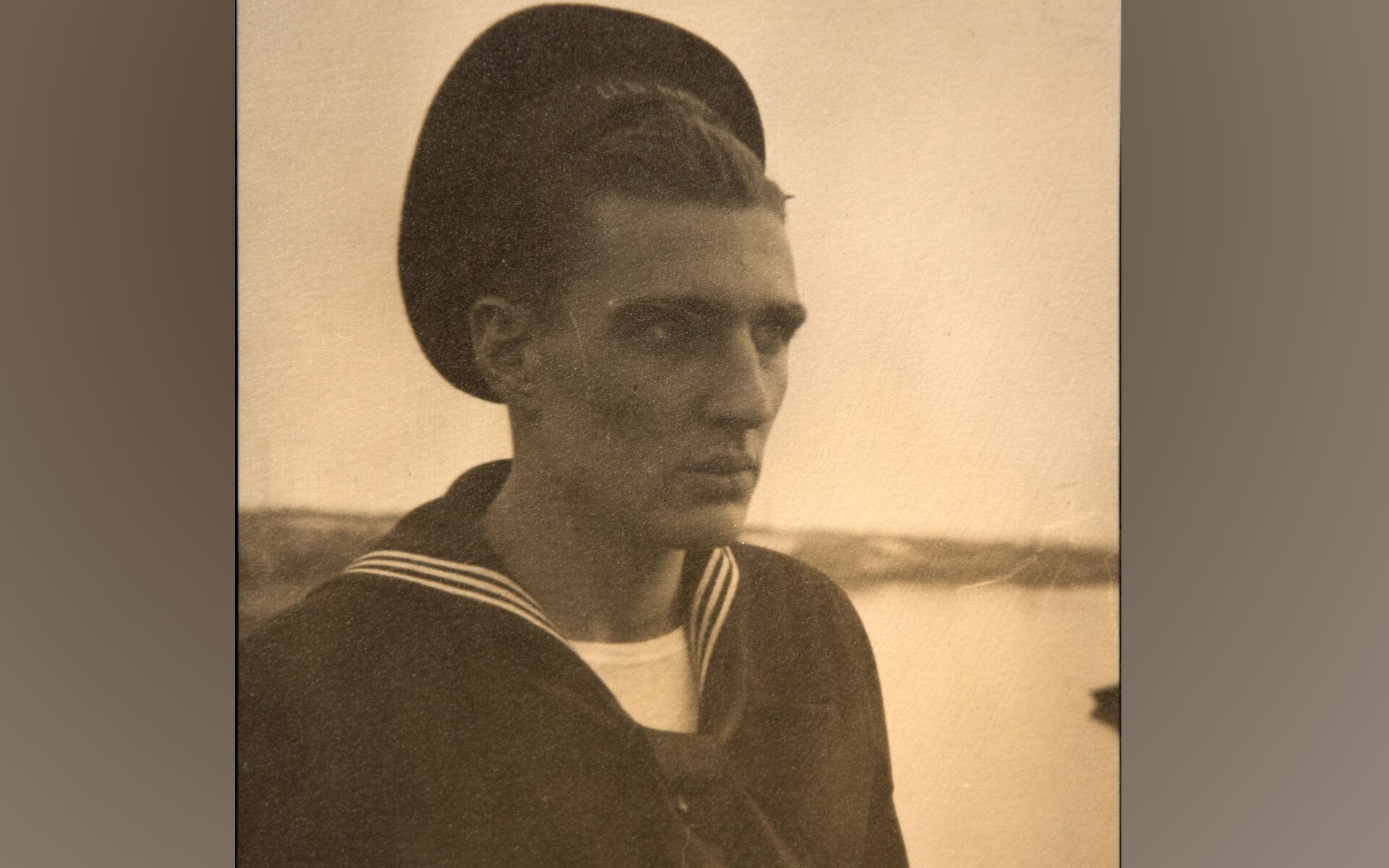Every year that passes there are fewer and fewer Atomic Veterans left to tell our stories. At 98, having survived testicular cancer, thyroid problems and skin cancer, I am a rarity. Many of the other 42,000 men who served with me at the Operation Crossroads nuclear tests at Bikini Atoll have died after long bouts of illness. Others are still fighting for another day and for justice for survivors of U.S. nuclear tests.
In 1946, when I was sent to Bikini Atoll, little was known by the public about the long-term effects of radiation exposure. The devastation caused by nuclear weapons was obvious; the world had seen the death and destruction of Hiroshima and Nagasaki. For those of us unknowingly subject to radioactive fallout from nuclear testing and other activities — over half a million Atomic Veterans and anywhere from tens to hundreds of thousands of civilians — the death and destruction took a little longer.
RELATED

Radiation is insidious. You cannot see it, smell it, taste it or feel it but on some level, you know it can harm you. On top of that, radiation caused illness involves a long latency period. I spent half a century wondering whether I would suffer some weird and debilitating illness.
Over the years, I’ve suffered an overactive thyroid, an issue common among those exposed to radiation. I’ve had more skin cancers removed than I can count. In 1997, at the age of 74, I was diagnosed with testicular cancer. With no family history of these illnesses, I believe my time at Bikini Atoll was to blame.
Many veterans of U.S. nuclear tests suffered their own illnesses and ailments. What’s more, based on my own Ph.D. research, one in five Atomic Veterans believe their children and other descendants have experienced health problems as a result of the veteran’s radiation exposure. I count myself among them, having lost two of my children, my daughter Pat, born just a few years after my return from Bikini, and my son Lance, after a lifetime of struggles with endocrine disorders and cancer.

Those of us at Bikini Atoll were not the only ones exposed to radiation from U.S. nuclear tests. Communities surrounding testing sites in New Mexico and Nevada, those who worked in and around uranium mines, and people in Arizona, Colorado, Idaho, Montana and Utah who were downwind of nuclear tests have suffered their own exposure and subsequent health problems. Many were not even aware of the dangerous exposure they experienced until decades later.
Of these, only a small number of individuals in parts of Nevada, Utah and Arizona have been eligible for compensation; the rest have been left to contend with life-changing illnesses and tragedy with no help or compensation from the U.S. government.
But now, Congress has the opportunity to pass bipartisan legislation to extend and expand benefits under the Radiation Exposure Compensation Act. The legislation would expand eligibility to include then-residents of all of Arizona, Colorado, Guam, Idaho, Montana, Nevada, New Mexico and Utah, as well to include additional groups of people who mined, processed or transported uranium. It would also increase the amount of compensation and extend the RECA program 19 years, ensuring those affected have time to apply. Without action, RECA will expire in 2022.
Compensating nuclear testing survivors should not be controversial. In many ways, the communities subjected to nuclear testing are unacknowledged casualties of World War II and the Cold War. Their country has sacrificed their health and that of their loved ones, without as much as a draft or any of the benefits we offer our veterans. People ought to be recompensed for what they were put through, through no choice of their own.
I know no amount of money can make up for the pain of cancer or the loss of a loved one. Extending and expanding RECA will help ensure those who had their health or the health of a loved one harmed by U.S. nuclear testing receive some compensation for their pain and suffering or help paying for medical treatment and care.
When she was dying, I promised my daughter I would never give up advocating for the abolition of nuclear weapons. At 98, I admit I’ve slowed down a bit, but I hold out hope our elected officials can come together to do the right thing. By extending and expanding RECA, our government can take an important step towards rectifying the harms caused by U.S. nuclear weapons.
F. Lincoln Grahlfs, a World War II Navy veteran, is a sociologist who has studied the effects of radiation exposure on United States military veterans. He has served as president of the National Association of Radiation Survivors.
Editor’s note: This is an Op-Ed and as such, the opinions expressed are those of the author. If you would like to respond, or have an editorial of your own you would like to submit, please contact Military Times managing editor Howard Altman, haltman@militarytimes.com.





